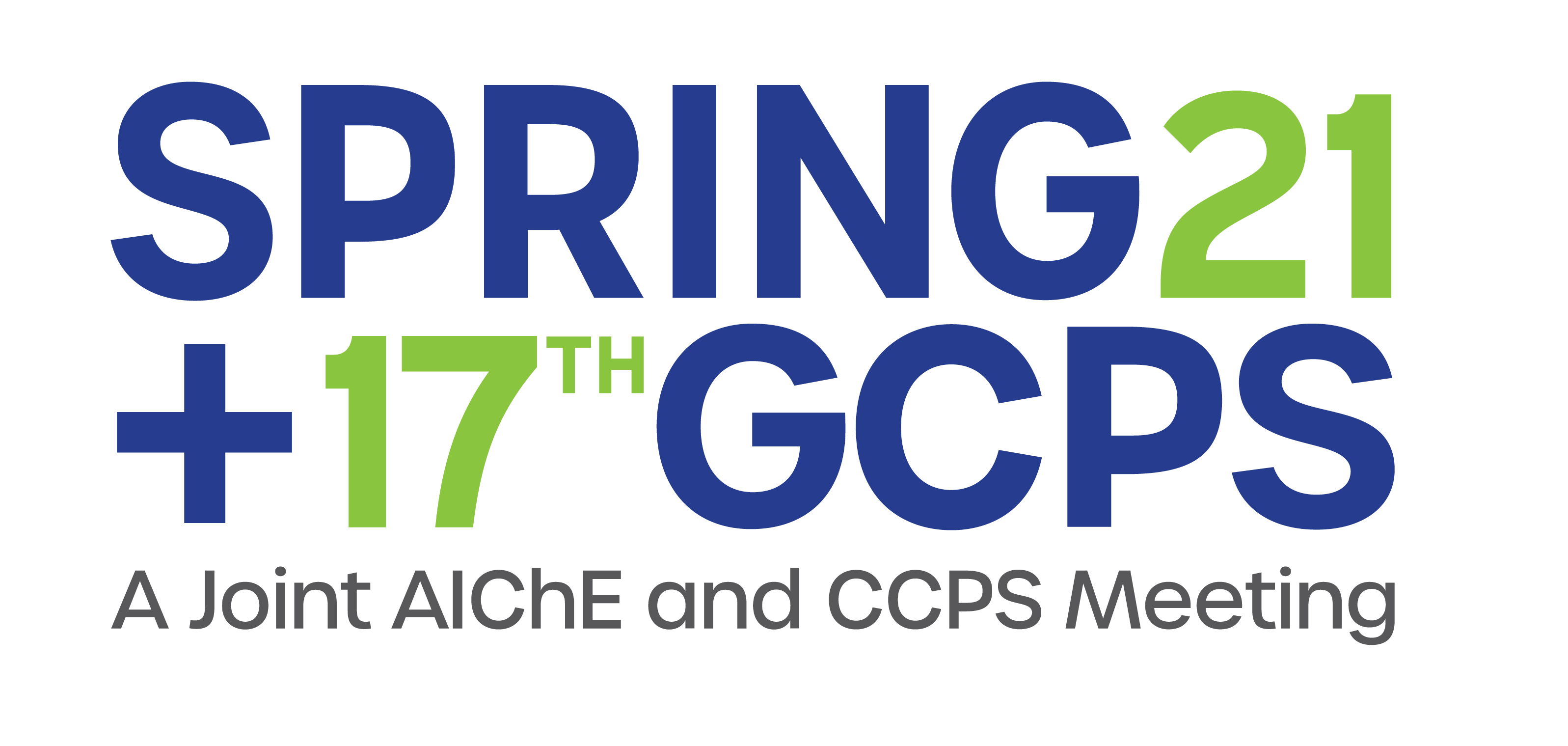

Reactive Metal Waste Particulate Combustibility
Besides the usual particulate combustibility sensitivity to composition and particle size, metal waste particulate combustibility also depends on processing, handling, and additive complications. These other complications render it almost impossible to generalize waste particulate combustibility properties, and require careful sample selection and testing to provide accurate property data. Examples of these considerations are given with regard to the testing of aluminum, manganese, titanium, and zirconium particulate samples.
Explosibility test data for aluminum swarf and grinding samples showed the expected variation in test results depending on particle size, but particulate with more than 90 weight percent greater than 420 micrometer, and less than 0.5% smaller than 75 micrometers were combustible with Pmax values in the range 2.1 to 5.3 bar-g. Finer aluminum particulate samples were tested alone and mixed with titanium grind dust and carbon fiber composite grind and sanding dust. The aluminum-composite grind dust had the highest Pmax and Kst values (over 9 bar-g and 200 bar-m/s, respectively) even though the composite itself had only moderate values of these parameters that were less than those for the metals. The composite-aluminum mix samples also had very low Minimum Ignition Energies.
Manganese is a metal whose combustibility properties are especially sensitive to the presence and thickness of a surface oxide passivating layer. Waste particulate that has been exposed to air for days and weeks often will not ignite at all in the UN layer burn rate test apparatus, and suspended dust clouds will have very low Pmax and Kst values, often under 5 bar-g and 35 bar-m/s, respectively. On the other hand, manganese particulate that has been transported and processed in a near-zero oxygen atmosphere have very low MIE values, and are easily ignited by friction and weak electrostatic discharges soon after exposure to air. Therefore, manganese particulate waste-handling precautions need to be based on detailed knowledge of the particulate processing conditions and site-specific combustibility test data for the applicable particulate waste.
Large particulate titanium swarf typically has moderate Kst values (under 100 bar-m/s). High moisture contents can further reduce the measured Pmax and Kst values, but the threshold moisture content to render samples noncombustible are higher than previously reported. Safe handling of used titanium powder is a major concern in additive powder based fusion manufacturing equipment. Titanium filter particulate from AM inerted equipment is often pyrophoric and has been responsible for several fire and explosion incidents. The observed flame and ejected sparks from tested AM dust samples demonstrate the enhanced particle explosibility hazard compared to most combustible organic dusts.
Zirconium swarf particulate is even more sensitive to handling conditions than most other reactive metal particulate. Data for large particulate samples exposed to air for several weeks indicate marginally combustible dust cloud test results. UN burn rate swarf layer test results range from non-ignitable to readily and violently ignitable (with a single weak spark) depending on the moisture level and presence of residual cutting oil and possible rust contamination from swarf drums.
Presenter(s)
Language
Pricing
Individuals
| AIChE Member Credits | 0.5 |
| AIChE Pro Members | $19.00 |
| AIChE Graduate Student Members | Free |
| Safety and Health Division Members | Free |
| AIChE Undergraduate Student Members | Free |
| AIChE Explorer Members | $29.00 |
| Non-Members | $29.00 |
